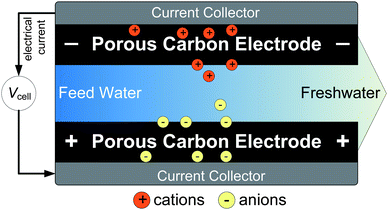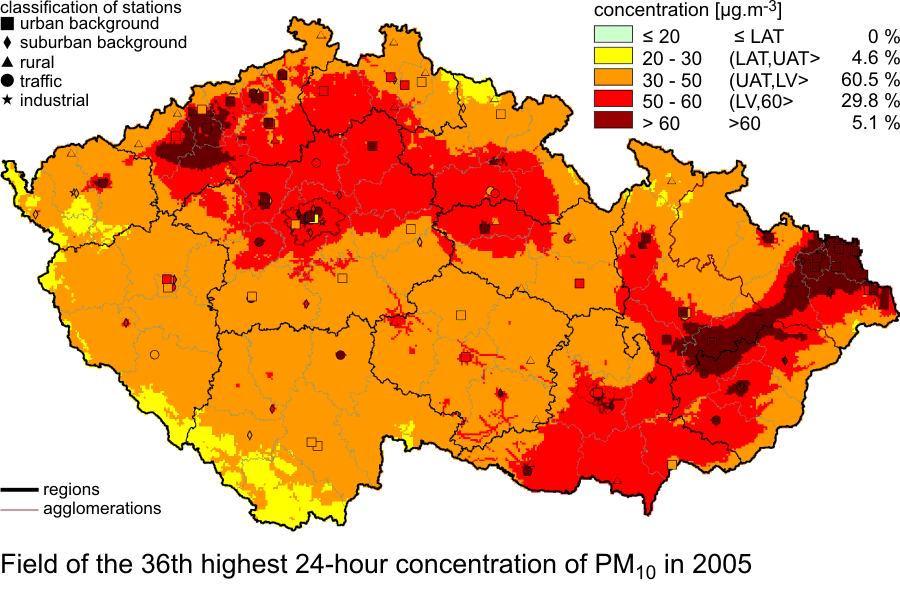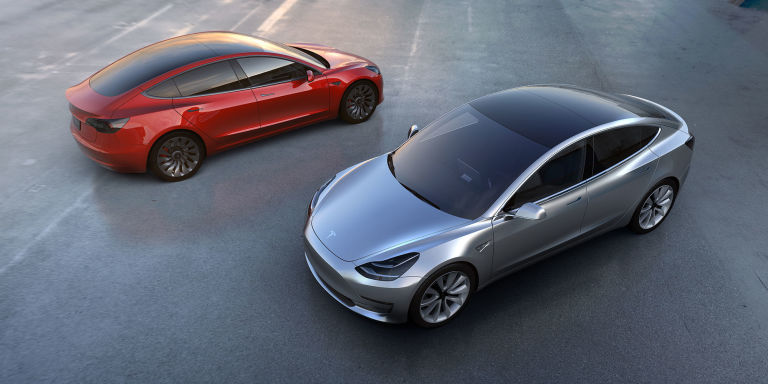In Holland our attention is drawn to Paul Mason, a voice of a different kind of economics, different from the classics, different from Piketty (Mason wants young people to revolt). In another news item an economics lecturere mr. Paloni in Glasgow is removed from his job for teaching deviant economics, even though the degree “successfully incorporate[s] pluralist approaches to teaching economics”. Something is going on. We too have rallied against 20th century capatalism and economics for a while, presenting our visions of Roboeconomics and Extraeconomics.
You can identify a classic economist in disguise by seeing if he/she suggest we fear automation. We need to do that only as long as it competes with us over the same resources
First off we think that any economics trying to redefine the economy by reorganizing people or redistributing money is missing the point entirely. It is not even a matter of ownership, although more individual ownership would bring about changes, just like collective ownership would (something immediatly associated with communism by well indoctrinated conservatives). The main problems are not solved by redistributing money or people or even ownership. They are Automation and resource depletion. Automation is a problem because of resource depletion.
Why is automation a problem because of resource depletion? Because one of the important resources is fossil fuels, and most automated production lines and chains run on fossil fuels. The problem is caused because fossil fuels are scarce. The economy is a system to distribute them to where they generate the most cash flow. A production line of running shoes generates more cashflow per joule of fossil fuels, or per dollar invested, than a jogging consumer. Therefore more money is channeled (by the financial system) to the shoe factory than to the consumer. If there was more energy to go around this difference would matter less (as we’ve seen in the 50s to 80s), but right now energy is tight, fossil energy may be cheap, but there is less every day.
Machines and humans compete over the same fossil fuels, and machines generate more cashflow
To those that want to maximize (not optimize) cashflow renewables are not welcome. They destroy cashflow. So a shoe factory that starts its own bioplastic farms and runs its machines on wind energy falls of the radar of 20th century economics. It doesn’t need to buy fossil fuels, it doesn’t even have to get the money to buy them when selling their product. It doesn’t compete with the consumer for the same energy resources. It would look to the economy like a loss if many companies and supply chains became energy self sufficient.
So automation is a problem as long as it uses scarce depletable resources like fossil fuels. As long as it does it has to compete with humans that also use those resouces, and economist, bankers, those living of the cashflows need automation to push people into poverty and get better from it.
There are number of movements for basic income, in Switzerland, Australia, Holland. They are presented as a fair solution when machines are making jobs obsolete. We agree, that automation makes jobs obsolete and we see that people must be given the means to buy stuff or the automatic production would grind to a halt. It is our old connundrum we coined a few years back :
If you have a machine that makes everything that everybody wants, does this mean (option 1) that everybody is jobless and unable to buy what the machine makes so poor and destitute, or (option 2) is everything free and can everyone live in wealth?
The answer of our current fossil credit cashflow economics points to option 1. The renewable powered world obviously allows option 2. We are transitioning and economics is simply not build to deal with option 2. Still even in a fossil fuel dependent economy basic income could exist, but it would be constested continuously because of competition between humans and machines. For now their main function would be to quiet down the demands for a sustainable society. Comfort is the great passifier..
Enter Roboeconomics.
Roboeconomics is the economics that understands that automation can lead to joblessness, but doesn’t worry because it strives to solve the resource competition between humans and machines. Roboeconomics strives to replace all energy sources with renewable ones. As it does the cost of production of products and services will drop, and credit to buy goods and services can be created and given out as basic income. The main function of this basic income is to allow consumers to make choices for one product over another. Other than that necessary jobs are a bonus to whoever does them, but they should never be a burden or cause of suffering. Because there is no predatory capital market and credit scarcity there is no need for companies to hoard their inventions or even compete very hard in the market. The dynamics completely change to a more benign, less wastefull, more culture driven (but less marketing dominated) system.
Besides the elimination of energy resource dependency Roboeconomics als strives to replenish and generate resources. This can be done using automated systems, also running on renewables. We see remote tree plantations run by drones that care for many acres of forrest, plant it, water it, prune it. We see oceans with floating islands of fish and seaweed farms, even dry sweet water agriculture, securing life in our oceans. These operations can involve people, but they dont service a market. They are ‘Extraeconomical’. We have written about this type of enclave or operation before.
If there is a purpose there does not need to be an ideology, it’s possible, but not essential
Extraeconomic enclaves don’t need to be in a desert somewhere (although this is where investors and economist like it to happen, as a kind of wierd ‘out there’ example). It can be right in every community, and in a way already is, so local farms supplying local communities. The point is that the enclave sustains itself, does not allow investors in, does not participate in the market. What doesn’t happen yet, but what should happen in extraeconomic enclaves, is that more resources are created than are consumed. It is obvious how this differes from current economic thinking, which tries to bring everything to the market. For this Extraeconmic enclaves will need their own currency, or none, simply a ledger so tasks are divided equally between the people involved.
Extraeconomics results in self sustaining enclaves, which can form a patchwork and are resource abundant, potentially everywhere
We are already moving to a Roboeconomy, but 20th century economist can’t deal with it, won’t deal with it because of the consequences for financial sector/banking jobs and the domination of the fossil industry. We know the media is fossil industry dominated and it will not openly think what is presented above. No Fox News will announce that to get out of this increasingly plutocratic trap we need to start replacing fossil fuels with renewables, and pay a basic income to whoever is not working to give access to sustainable production. This would require farms to go organic on a massive scale (which they will anyway) for instance.
Of course we suffer from a vanity induced eugenic reflex as well. Some conservatives like the existential squeeze humanity is facing. Today 330 million indian are suffering in 119 farenheid/45 Celsius with little water. A few months back Delhi was in panic because rebels obstructed a water supply channel. Many are going to suffer before we can move to Roboeconomics, so the sooner the better.
Scaring and depressing people without a solution in mind only damages them, asking young people to rebel without a way out is simply an overture to turmoil and war. The solution is simple and it is within reach.












